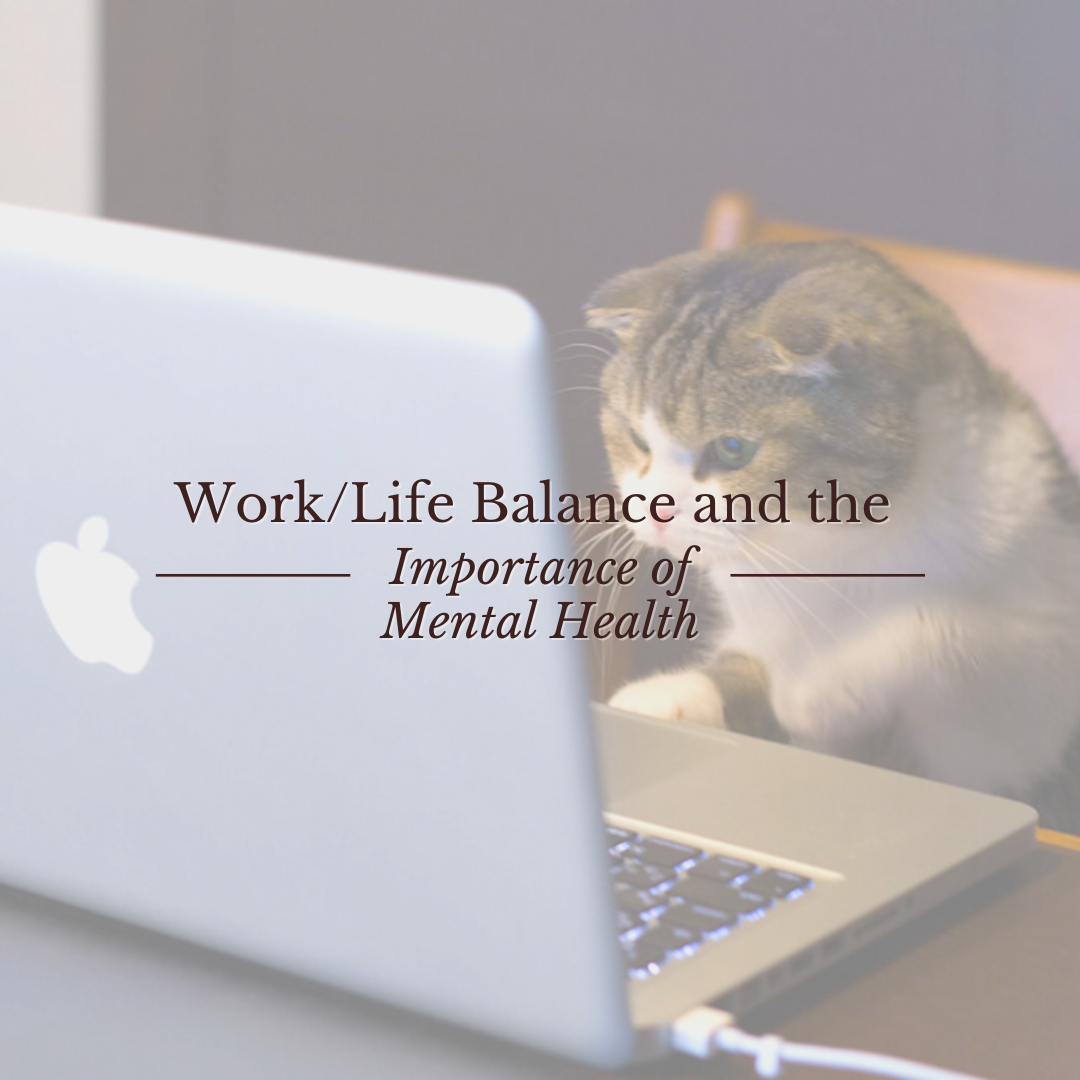In these work-from-home times, they can be challenging. What a lot of people don’t mention is how important mental health is. Some employers or clients will treat you like garbage and expect you to act on their every beck and call. Especially when you’re new to an industry. I’m a freelance sound designer and I’ve had my fair share of clients who call me at 2-4 AM asking me why I’m not working on their film. Calling me while I’m grocery shopping on the weekend or seeing a post of mine at 10 PM on social media stating I’m seeing a movie and they’re flabbergasted I’m not working on their film 24/7. That’s an unhealthy relationship and they don’t always tell you that creating boundaries, even as a freelancer, is important. It may seem like you need to please every client of yours, take every client, or if you deny them or create a boundary, there is the fear of never getting work again. I’ve been in that position. But, all those all-nighters can take a toll on your body, your mental health, and so much more.
Freelancing is a delicate situation sometimes
You’re the one in constant contact with the client or director and you don’t have a studio to back you up or protect you. Jobs ebb and flow and sometimes you don’t know when the next job will come. But, mental health and rest is important. Even if you’re just starting out in the industry. It’s not worth it to wear yourself out on the free projects or low-budget films where a director can’t make up their own mind of what they want. I used to cave into the demands of clients and as I’ve gotten older, those all-nighters are getting harder and harder to do. I spoke to friends and decided that yes, I need some time to myself. Take a vacation after a project is done, even if it’s for a day.
Laying down boundaries
With directors that I won’t answer during certain times of day (I need to sleep!), and that it’s okay to lay down the ground rules: that maybe their budget won’t get them the level of work they wanted. Appease them sure, but also tell them upfront what they’re in for. That one person can only do so much in a certain amount of time. We’re not miracle workers with magic buttons to fix all their audio problems. It’s okay to tell them that what they’re asking for is unreasonable. That rushing out something overnight can cause problems in the long run. I’ve found that even with the most toxic of clients if I’m clear with my communication and even ask for a day extension, they’ll happily grant it. Remember, you’re working with the director and helping make their vision come true. It’s not your film. It’s a collaboration but you also must think of yourself and your body. Get outside and take a walk, get some sun, chill out with your favorite movie, book, or video game, phone a friend. Their project isn’t worth killing yourself over it. Take breaks from your computer and take breaks from hearing the same audio over and over. If you lose out on that client, did you really want to work with them again if they don’t even allow a mental health day for you? If you’re overstressed, you’re not going to perform to the best of your abilities.
Work/life balance is a hard thing to achieve in the world of film. Anytime I ask for advice on it, it seems to be one of the hardest questions to answer. Also remember that each person is different, and each person’s idea of work/life balance is different. These bits of advice may not even work for you! They call at 3 AM and it’s not an emergency, it’s okay to not pick up the phone. They can wait till you wake up. Keep open communications or maybe even put it in your contract that way they can’t go back on it later if it were just said verbally.
Take care of yourself!
